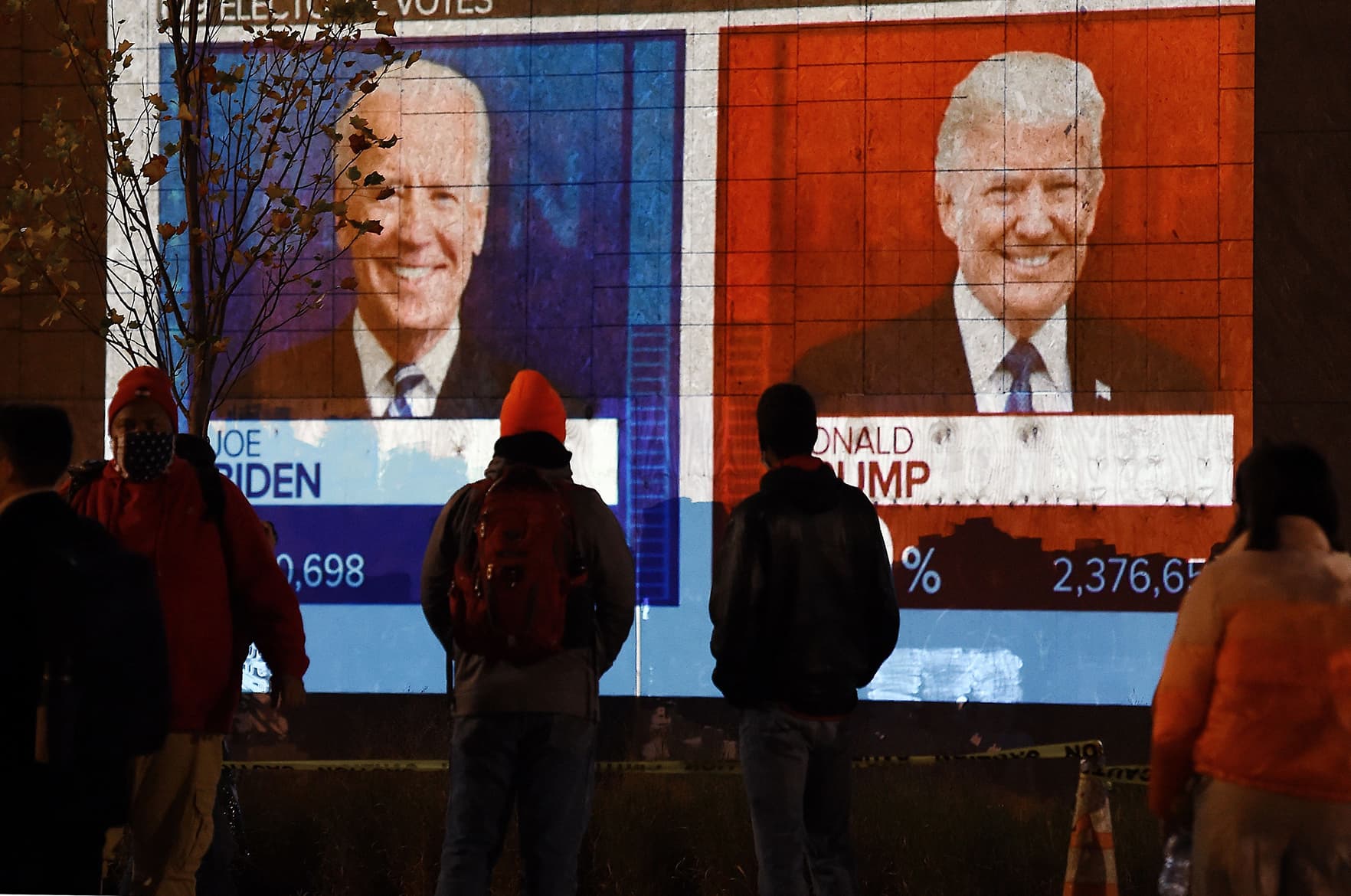
One day after the election, the question on everyone’s lips is still, “Who will be president in 2021?”
While official results still hang in the balance for the immediate future, they do point to one thing: a smaller stimulus package, according to Brian Gardner, chief Washington policy strategist at Stifel.
Washington lawmakers have negotiated for months to put together a follow-up stimulus package to the CARES Act, which injected more than $ 2 trillion into the ailing U.S. economy in the spring.
While House Democrats initially set their target at approximately $ 3 trillion, they recently reduced that to $ 2.2 trillion. Senate Republicans, meanwhile, have advocated for a smaller $ 500 billion injection into the ailing economy.
More from Personal Finance:
Laid off again? What to know about collecting unemployment benefits
Tips for getting Medicare drug coverage right during open enrollment
A decade-by-decade guide to retirement planning
On Wednesday, Senate Majority Leader Mitch McConnell, R-Ky., said he thinks Congress should complete a new stimulus package before the end of the year. That’s a reversal from his stance prior to the election, which called for a January bill.
But that federal aid could be reduced, Gardner wrote in an analyst note on Wednesday, based on the fact that Democrats were not able to secure the Oval Office, Senate and House.
“A stimulus package is still possible, maybe probable, but it will likely be a smaller deal than in a blue wave scenario,” Gardner wrote. “We think it will be under $ 2 trillion, which could disappoint investors.”
It could also disappoint Americans who are waiting for more federal aid, depending on what would make the cut in a smaller bill.
Federal support for unemployment benefits is expected to continue. While Democrats have advocated for an extra $ 600 per week in enhanced federal unemployment benefits, Republicans instead are in the $ 300 to $ 400 range.
Other unemployment support provided through the CARES Act is also due to expire on Dec. 31. That includes the Pandemic Unemployment Assistance program, which allows states to provide payments to workers who would not otherwise qualify for jobless benefits, and the Pandemic Emergency Unemployment Compensation, which allows states to provide up to 13 more weeks of unemployment checks.
It remains to be seen whether a second round of one-time $ 1,200 stimulus checks will be included. The appetite from politicians for providing that support was high prior to Election Day, but there could be less political incentive to include those checks now.
“I do think you could see continued direct payments,” Gardner said in a Tuesday interview ahead of the election results. “You may see some enhanced unemployment, just at a lower level.”
Bill Hoagland, senior vice president at the Bipartisan Policy Center and a former Senate staff member, said he is less certain more $ 1,200 payments will make the cut.
“I would look to where things stand first quarter of next year as to whether or not there will be another round of stimulus checks,” Hoagland said. “I don’t sense it right now in the December timeframe.”
Other support that could more readily be included in a pre-inauguration stimulus bill include unemployment benefits or increased Supplemental Nutrition Assistance Program, or SNAP, benefits, he said.
A slimmed-down stimulus bill would likely include additional funding for small businesses and health care and to reopen schools, said Ed Mills, Washington policy analyst at Raymond James.
“The next best chance is … leading up to the Dec. 11 date for government funding,” Mills said.





